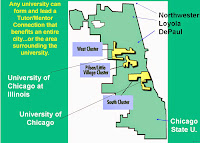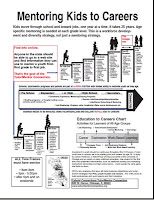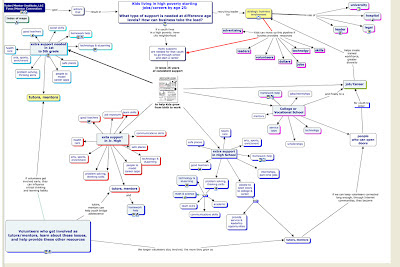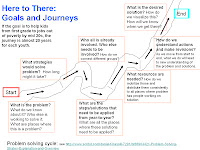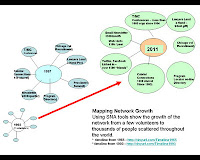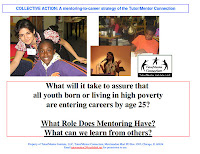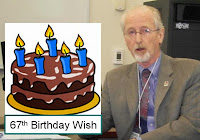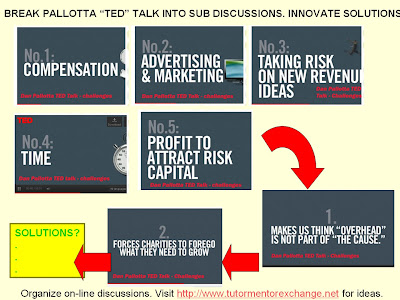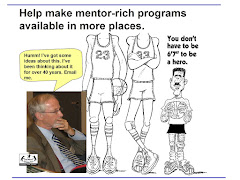Last August I posted this article announcing that a Michigan consulting firm called Great Lakes Growth Works was interested in talking to youth program leaders about their experiences during Covid19. Yesterday I received an email telling me the blog article showing the outcome of these conversations was now available. Then, today, I saw this post on Linkedin, by Phil Roos, leader of GrowthWorks, and a former volunteer with the tutor/mentor program I was leading in the 1980s.
Let's look at some history behind this. I led tutor/mentor programs in Chicago from 1975 to 2011 and for many of those years I created a yearbook to end each year. These included photos and names of each pair of kids/volunteers.
About 10 years ago I began to go through the yearbooks to find names of volunteers. I then did a search on Linkedin and Facebook to see if I could find them. I did the same with former students.
That's how I re-connected with Phil Roos several years ago. He was working at the Quaker Oats Company in Chicago in the mid 1980s when he was a volunteer. That's him at the left with his mentee.
We reconnected on Linkedin and Facebook and as I told him about my continued efforts to help tutor/mentor programs grow, he became an annual contributor to support the Tutor/Mentor Institute, LLC (click here to donate).
As we've interacted I saw that Phil's consulting firm had started a series of conversations with community and clients in Spring 2020 to learn how Covid19 was affecting them and their businesses. I suggested that interviewing leaders of tutor/mentor programs might provide some valuable insights and Phil agreed. His team worked with me to develop some questions and a list of people to interview. I announced this in a blog last August and in my eMail newsletter. That led to the blog article Great Lakes Growth Works posted this week.
This is what I've encourage many other veteran volunteers and students to do. Use your talent to share your own experiences and to encourage people you know to support tutor/mentor programs in cities across the world. Take time to learn about the intermediary role the Tutor/Mentor Connection launched in 1993 and that I've continued via the Tutor/Mentor Institute, LLC since 2011. If no one is building a library of youth programs and trying to draw attention and resources to those programs, then someone needs to duplicate the Tutor/Mentor Connection so that information is available.
I started the Tutor/Mentor Connection in 1993 at the same time as we were launching the Cabrini Connections tutor/mentor program, which I led until 2011. We had no money and just 7 volunteers when we began. Thus, while we had an ambitious vision, we had few resources to tell people what we were doing.
From 1993 to 2002 we had support from a Chicago PR firm, who helped us develop a year-round event strategy, including networking conferences in May and November, a Tutor/Mentor Week in November, and a volunteer mobilization in August/September. We published our list of programs in a printed Directory every year from May 1994 through 2002. We also published a quarterly printed newsletter which grew from 400 people in 1993 to 12,000 in 2002. You can find past news articles here, and past newsletters here.However, all of this was too little to reach and influence the millions of people in Chicago and around the country who need to be strategically involved in helping youth in poverty areas, via organized, volunteer-based tutor, mentor and learning programs.







